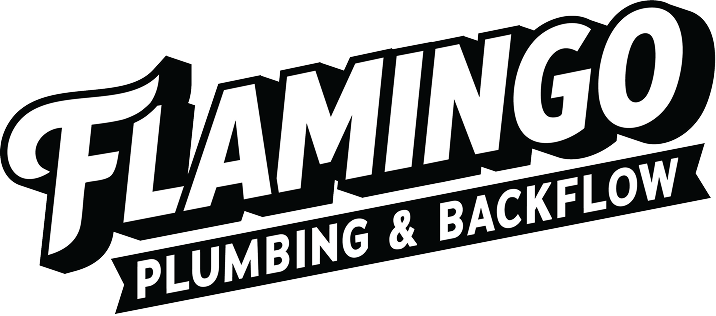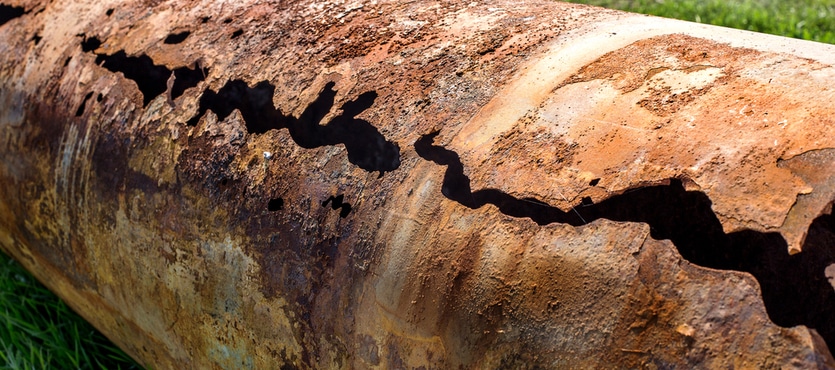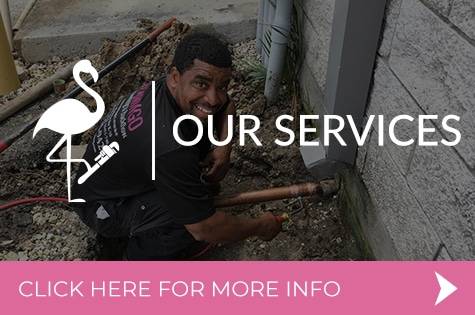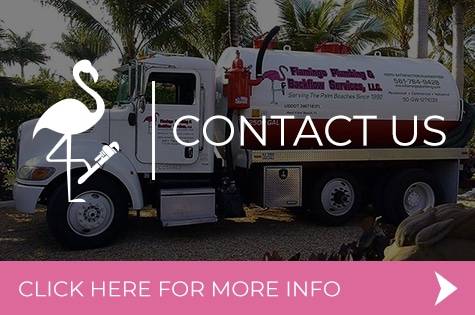There are few home headaches quite like pipe corrosion. Estimates show that pipe corrosion costs homeowners more than one billion dollars in the United States. Water through corroded pipes can take on coloring and is dangerous to drink. Preventing corrosion now is better than having to replace your entire pipe system later.
What Is Corrosion?
Corrosion is the result of a material wearing away, or altering its properties, as a direct result of coming into contact with its environment. In the case of pipes, corrosion means your pipes are essentially dissolving, which can cause all kinds of problems.
Inspections
If you suspect corrosion, you’ll have to examine your piping system. Look for the area along the piping system that seems to show the most wear or discoloration. This is most likely the source of the corrosion. Even if you don’t suspect corrosion, it is a good idea to inspect your pipes for early signs. The sooner you can stop corrosion, the less money it will cost you down the way. If you don’t feel confident, call a plumber, and have him show you what to look for, so you can do it yourself in the future.
See our Leak Detection Services.
Effective Methods for Preventing Pipe Corrosion
Pipe corrosion is a silent threat that can lead to costly repairs and compromised water quality. Implementing effective prevention methods protects both your plumbing system and your wallet. Here’s how you can combat pipe corrosion and extend the life of your pipes:
1. Choose Corrosion-Resistant Materials
Opt for materials like PVC, CPVC, or stainless steel when installing or replacing pipes. These materials resist the chemical reactions that lead to corrosion, especially in areas with aggressive water conditions.
2. Install a Water Softener
Hard water is a major contributor to corrosion due to its high mineral content. A water softener reduces these minerals, safeguarding pipes from damage over time.
3. Maintain Balanced pH Levels
Water with a pH that is too low (acidic) or too high (basic) accelerates corrosion. Testing and adjusting your water’s pH using neutralizers can help maintain a healthy balance.
4. Use Protective Coatings
Apply epoxy or other protective coatings inside pipes to act as a barrier against corrosive substances. This is particularly effective for older metal pipes.
5. Galvanic Protection
Prevent galvanic corrosion by avoiding direct contact between dissimilar metals. Use dielectric unions or fittings to separate metals and prevent the electrochemical reactions that cause corrosion.
6. Install a Cathodic Protection System
For underground or exposed pipes, cathodic protection systems use an electrical current or sacrificial anodes to redirect corrosive activity away from your plumbing.
7. Regular Inspections and Maintenance
Schedule regular inspections to identify early signs of corrosion. Professional plumbers can catch issues before they escalate, saving you from extensive repairs.
8. Control Water Velocity
High water velocity can erode pipe walls and accelerate corrosion. Ensure proper pipe sizing and flow control to prevent unnecessary wear.
By incorporating these methods, you can significantly reduce the risk of corrosion in your plumbing system. Flamingo Plumbing offers expert solutions to help protect your pipes and keep your water system running smoothly. Reach out today for tailored recommendations and services.
Protect Your Plumbing with Expert Solutions
Preventing pipe corrosion requires more than a quick fix—it takes expert knowledge and proactive care to ensure your plumbing system stays in top condition. At Flamingo Plumbing, we specialize in comprehensive corrosion prevention and maintenance strategies tailored to your needs. From advanced inspections to protective installations, our team ensures your pipes withstand the test of time. Florida counties that we service include: St. Lucie, Palm Beach, Martin County, Broward County, and Miami-Dade. Contact us today to secure your plumbing system against costly damage and ensure lasting performance.





